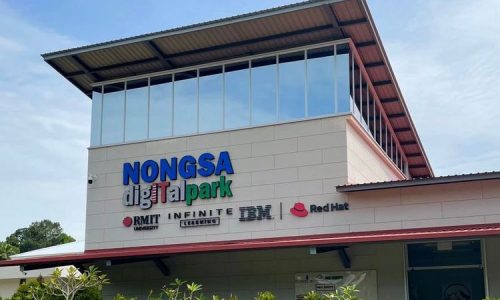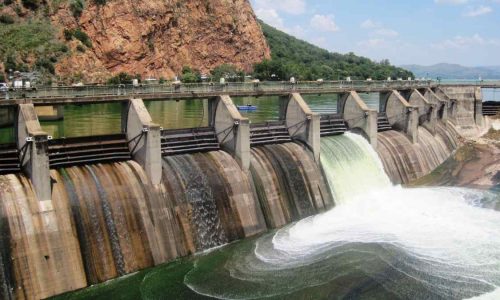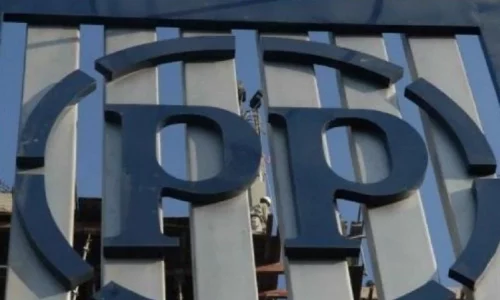PT Kereta Api Indonesia (KAI) has signed a facility agreement with the China Development Bank for financing the cost overrun of the Jakarta-Bandung High-Speed Rail project. The loan disbursement was received on February 7, 2024.
The loan disbursement consists of two facilities. Facility A amounts to US$ 230.99 million (IDR 3.6 trillion), with an assumed exchange rate of IDR 15,603 per US dollar. Meanwhile, Facility B amounts to US$ 217.08 million (IDR 3.3 trillion).
“The disbursement was immediately forwarded to PT Pilar Sinergi BUMN Indonesia on February 7, 2024,” Raden Agus Dwinanto Budiadji, Executive Vice President of Corporate Secretary at KAI,said on Tuesday, February 13, 2024.
Previously, the government had approved a project cost increase for the Jakarta-Bandung High-Speed Rail of US$1.2 billion, or around IDR 18 trillion.
Part of the payment for this cost overrun is planned to be covered by the state budget. Initially, China proposed a construction cost for the KCJB project of US$ 5.5 billion (IDR 83.6 trillion). However, during the course of the project, the cost escalated to US$ 7.5 billion (IDR 114.1 trillion) as of November 2022.
Acting President Director of KAI, John Robertho, had previously explained that the government agreed to a cost overrun of US$ 1.44 billion at the end of 2022.
However, this figure was reduced to US$ 1.2 billion on July 5, 2023. John stated that the reduction in the cost overrun was agreed upon by the Ministry of Finance and the National Reform and Development Commission of the Chinese government.
Moreover, a portion of the cost overrun funds comes from the China Development Bank, amounting to US$ 550 million.









